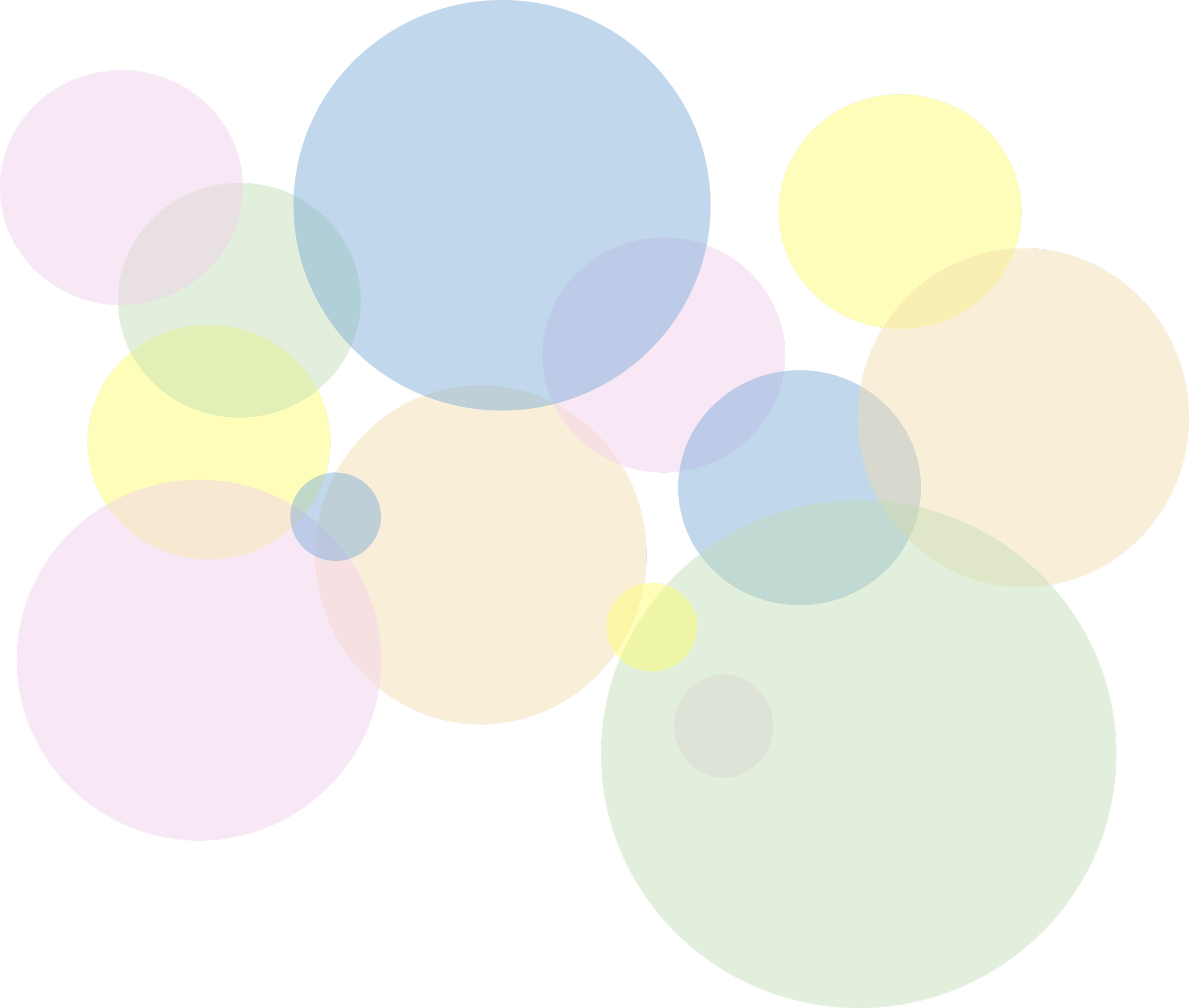
Types of Pronouns
Quizzes are provided for each section. Feel free to take them as many times as needed.
Personal Pronoun - Refers to a specific person or thing (I, you, he, she, it, we, they).
She loves to read before bed.
They are planning a big trip.
I forgot my keys at home.
Possessive Pronoun - Shows ownership (mine, yours, his, hers, its, ours, theirs)
That book is mine.
Is this pencil yours?
The red car is theirs.
Reflexive Pronoun - Refers back to the subject of the sentence (myself, yourself, himself, herself, itself, ourselves, yourselves, themselves).
He fixed the bike himself.
I made this cake myself.
The cat cleaned itself.
Demonstrative Pronoun - Points to a specific thing (this, that, these, those).
This is my favorite movie.
Those were her best shoes.
That looks delicious.
Interrogative Pronoun - Used to ask questions (who, whom, whose, which, what).
Who is knocking at the door?
What is your favorite color?
Which one do you prefer?
Relative Pronoun - Connects a clause or phrase to a noun (who, whom, whose, which, that).
The boy who won is my cousin.
The cake that she made was amazing.
I met the artist whose paintings are famous.
Indefinite Pronoun - Refers to a non-specific person or thing (someone, anyone, everyone, nobody, something, anything).
Someone left their bag here.
Nobody answered the phone.
Everything is ready for the party.
Reciprocal Pronoun - Shows a mutual action or relationship (each other, one another).
They smiled at each other.
The teammates helped one another.
We always support each other in tough times.
































